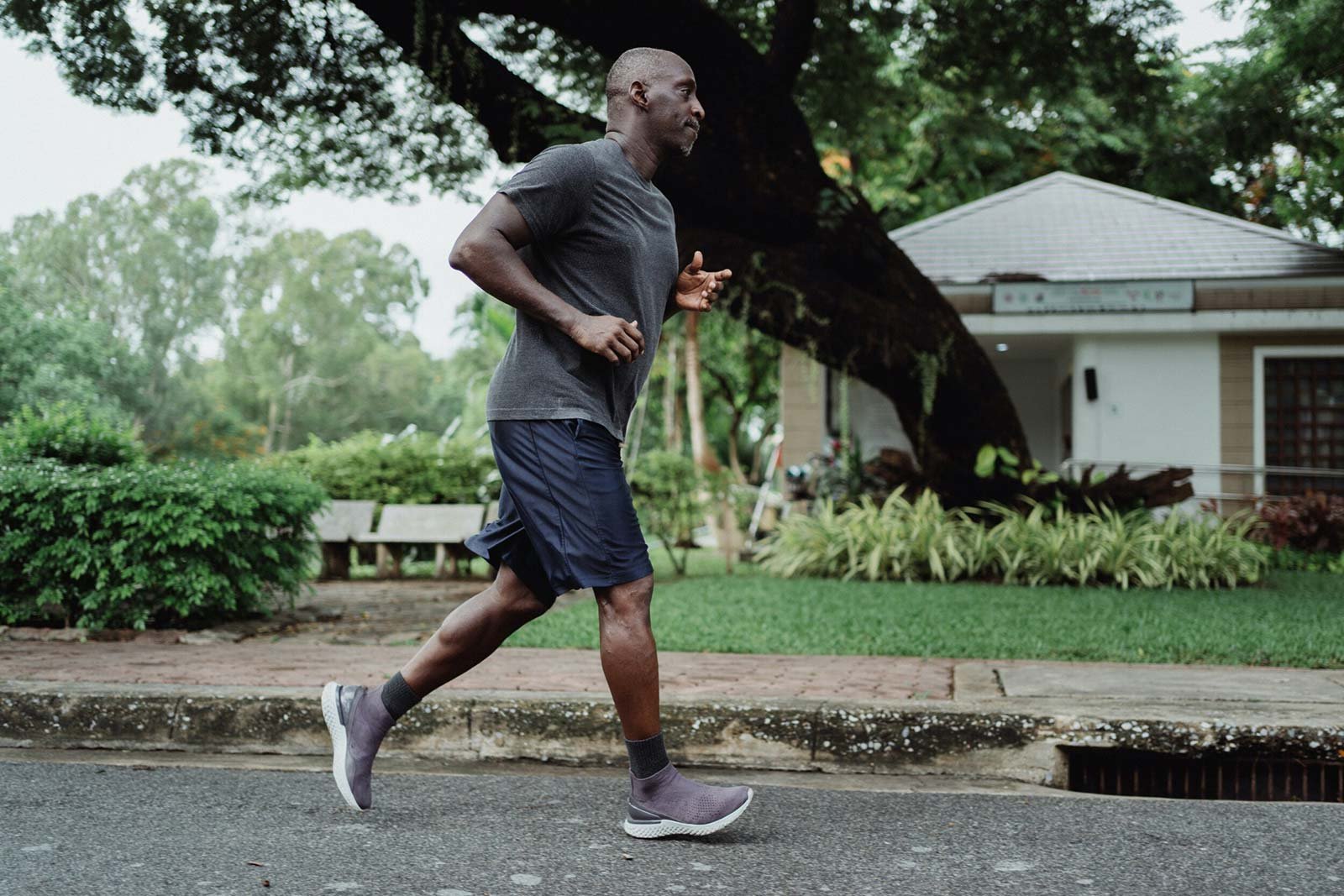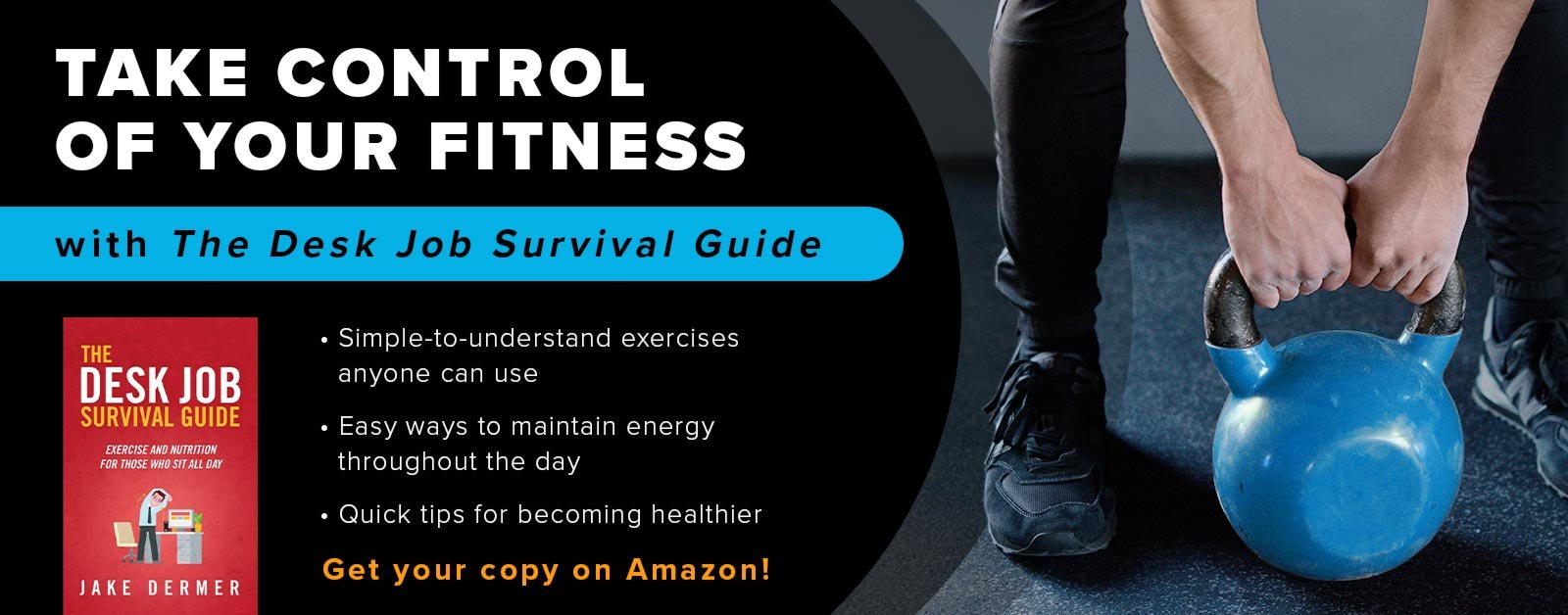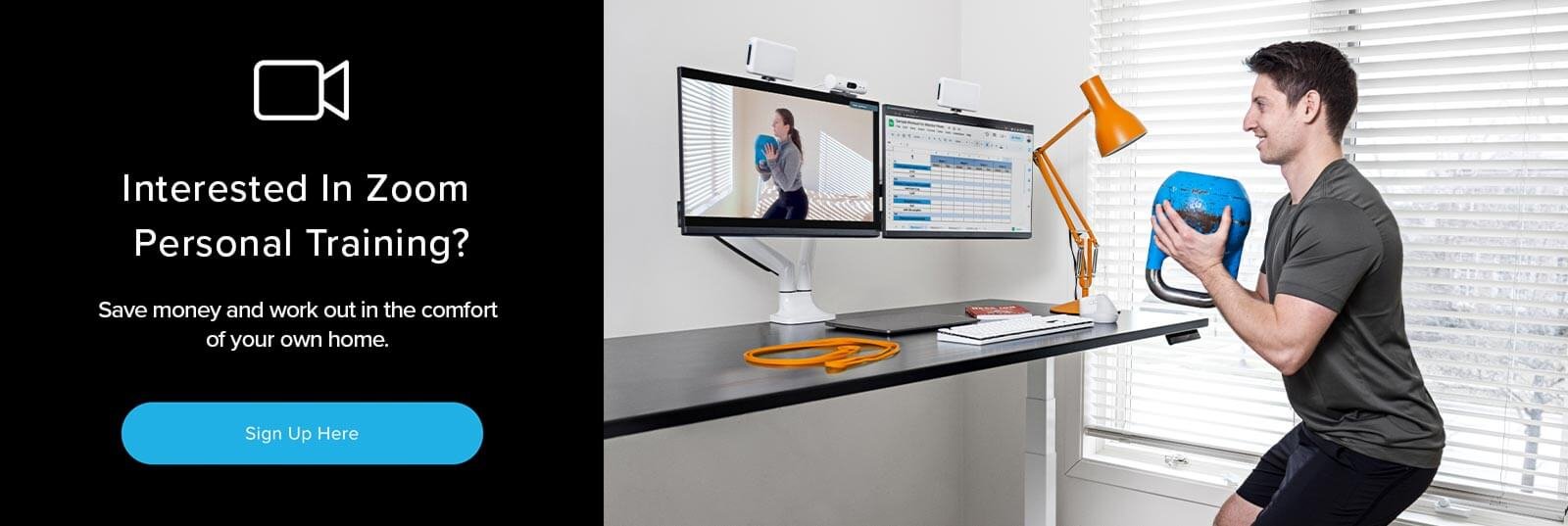Are Push-Ups Better Than Running?
If you are like me, you don't like running. It is challenging, monotonous, and as enjoyable as the weather you do it in.
Running is a high-intensity, high-impact exercise that takes strength to do well. And besides walking, it is hard to dial back the initial intensity of a run. I know what you are thinking. Couldn't you just run slower? Unfortunately, running slower does not work to decrease the impact on your joints.
On the other hand, push-ups have a host of ways to make them more accessible from the get-go. You can do push-ups on your knees or with your hand on a table to significantly lower the difficulty of the exercise. Doing push-ups every day isn't any less monotonous or difficult, each movement has its advantages and disadvantages.
To determine whether or not push-ups are better than running, let's break down the exercises into three categories: strength gain, weight loss, and mental benefits, and see if push-ups or running comes out on top.
Do you gain strength faster from running or push-ups?
Gaining strength is a product of progressive overload, or, in other words, by continuously increasing the challenge. This can be accomplished in several ways, by doing more volume, more push-ups, or running more miles. It can be achieved by increasing time under tension, running for longer time periods, or holding the push-up position longer. It can also be accomplished by decreasing rest intervals. The less rest you get between sets of push-ups or during your run, the harder it will be.
However, that doesn't help us determine which exercise is better for gaining strength because you can use progressive overload to gain strength with either exercise. Especially when just starting out.
Push-ups can be customized precisely to your strength level. Based purely on the angle and tempo at which you perform them. Therefore you can linearly adjust the difficulty to place yourself in the perfect zone for progressive overload training. In addition, there are different energy systems in your body, and push-ups operate on a short-term energy system (anaerobic). In contrast, running works on the long-term energy system (aerobic). Anaerobic means without oxygen and is generally used for strength or power movements, while the aerobic system is used for endurance.
Initially, running will increase your endurance and aerobic capacity rapidly. Although aerobic capacity and endurance aren't necessarily the first thing people think of when they think of strength. Therefore, push-ups are better than running when it comes to gaining strength.
Do you lose weight faster from running or push-ups?
Weight loss is a tricky one when it comes to running vs. push-ups. If you want to see a lower number on the scale, cardiovascular exercise will always be the path of least resistance. On the other hand, heavy-resistance strength training is excellent for fat loss. Building muscle makes it easier to lose fat over the long term. Muscle costs calories to maintain, so the more muscular you are, the more calories your body can consume without gaining fat.
However, it takes a long time to build muscle, and building muscle can cause that number on the scale to go up. Losing weight is all about creating a calorie deficit, so whichever exercise burns more calories is the best for weight loss. If you planned to run for 30 minutes a day, you would easily burn more calories than someone doing 50 push-ups.
You would have to do a lot of push-ups to burn as many calories as a 30-minute run, and at the end of the day, weight loss is all about calories. Therefore, when it comes to weight loss, running is better than push-ups.
Is running or push-ups better for your mental health?
Exercise, in general, is excellent for your mental health. Achieving challenging goals and making continuous improvement is the basis for a healthy mental state. Although when it comes to which form of exercise is best for your mental state, there is no competing with steady-state cardiovascular exercise. Or running at a steady pace for an extended period of time.
It takes about 25 minutes to achieve the mental health benefits from steady-state cardio, and it has been shown to reduce anxiety, depression, and insomnia symptoms.
On the other hand, push-ups will make your chest and arm muscles pop. So if your mental health is tied to how big your muscles look when you are shirtless, push-ups might be the winner for you.
Everyone has different goals, but if you are exercising primarily for your mental wellbeing, then clinically steady-state cardio or running is the exercise for you.
Overall running is the winner of our little contest two to one. But remember, neither exercise is a complete workout. Push-ups only target your chest and arms and seriously neglect your back and legs.
While running is a more complete exercise, it also has its shortcomings. The high-impact nature of running makes supplementary hamstring and ankle exercises almost mandatory.
In addition, running requires some initial lower body strength and isn't necessarily as good for beginners as push-ups.
If you enjoyed this article, you might also like:
Standing Desk VS Exercise Ball
How Many Push-Ups Should A Beginner Do To See Results?





